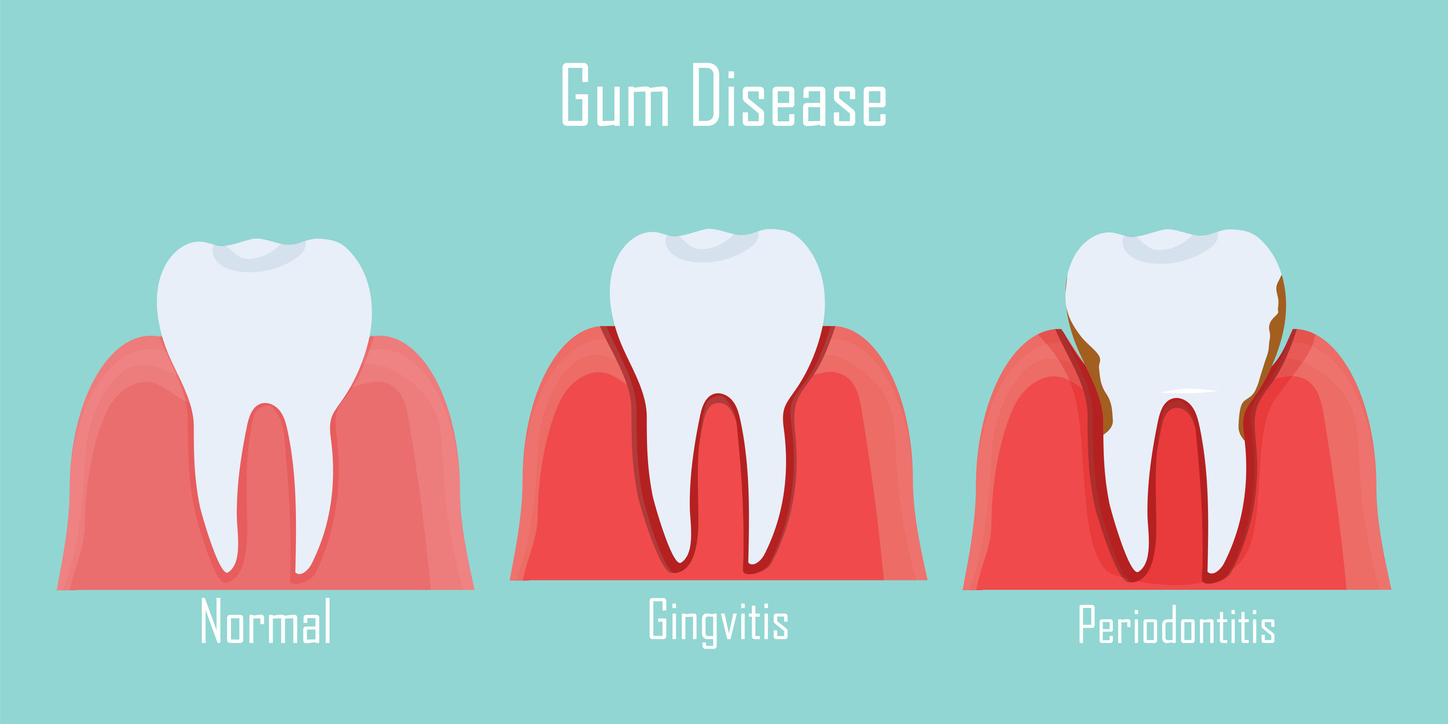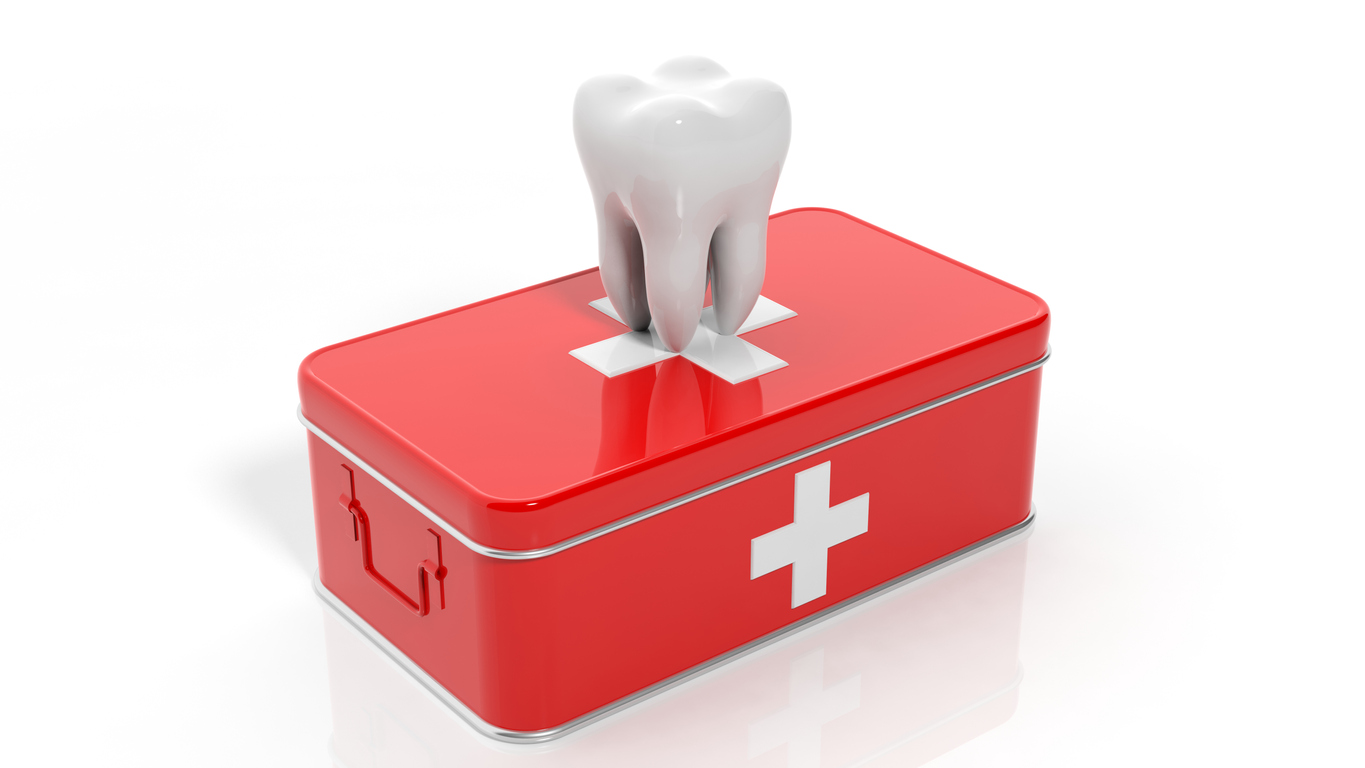Living with Chronic Pain
What Is Periodontal Disease?

Periodontal disease, also called gum disease, is the result of infection and inflammation of the gums and the bone that holds the teeth in place. The two main types of periodontal disease are gingivitis and periodontitis. Gingivitis is the early stage of periodontal disease, which affects the gums. If left untreated, gingivitis can lead to periodontitis, which impacts the connective tissue and bone around the teeth.
Symptoms
Periodontal disease presents various signs and symptoms, which include, but are not limited to, the following:
- Bad breath that is persistent
- Blood after brushing or flossing
- Changes in jaw alignment or how the teeth fit together when biting
- Gums that are red, swollen, tender or bleed easily
- Gums that are receding (pulling away from the teeth)
- New space between the teeth
- Loose teeth or loss of teeth
- Painful chewing
- Pus between the teeth and gums
- Sensitive teeth
Causes
Periodontal disease begins when bacteria found in the mouth increases and thickens, forming plaque. Plaque forms when sugar and starches mix with the natural bacteria in the mouth. Plaque can result in a mild gum disease called gingivitis, which is irritation and inflammation around the base of the teeth. If left untreated, plaque hardens and forms tartar, which is more difficult to remove. Tartar build-up can spread below the gum line, contributing to infection and inflammation of the gums and tissues around the teeth.
Controlling bacteria in the mouth through regular brushing and flossing is an important step toward removing plaque, preventing tartar build-up, and averting periodontal disease. Brushing the teeth for two minutes twice daily and flossing before bedtime is recommended for optimal dental care.
Risk
There are various risk factors that increase the likelihood of developing periodontal disease. They include, but are not limited to, the following:
- Tobacco use
- Bruxism
- Poor oral hygiene
- Diets low in nutrients
- Diabetes
- Obesity
- Recreational drug use
- Female hormonal changes, especially during pregnancy or by using oral contraceptives
- Conditions causing immune deficiencies, such as HIV/AIDS or cancer
- Excessive alcohol consumption
- Crohn's disease
- Defective fillings
- Lifestyle choices
- Bridges that no longer fit properly
- Genetics
- Rheumatoid arthritis
- Medications or conditions that cause dry mouth
- Stress
- Crooked teeth
A dental professional can help with managing these risks and prevent or treat periodontal disease.


















